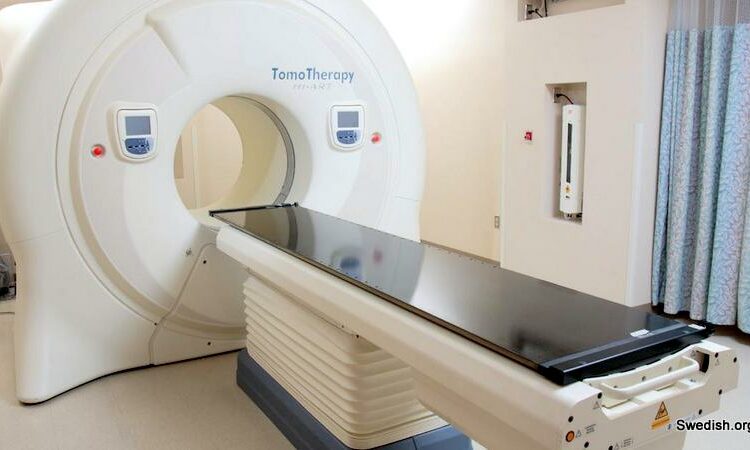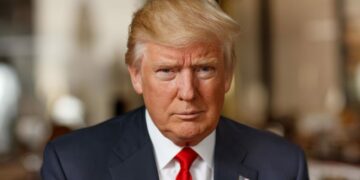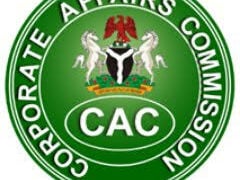Association of Radiation and Clinical Oncologist of Nigeria (ARCON) has decried what it described as dearth of radiotherapy machines in the country, saying only about 10 are functional in the entire country of over 200 million instead of one machine to one million population.
ARCON general secretary, Dr Ololade Kehinde, who stated this yesterday in Abuja, at a media conference on ‘’Redefining Cancer Care in Nigeria, lamented that many Nigerians end up travelling between 50 to 100 kilometres or more before they can access cancer treatment due to dearth of facilities.”
He said, “There is still a dearth of the number of radiotherapy machines. In global standard, it is supposed to be at least one to a million and presently in Nigeria we still have less than 20 that are functional and as a matter of fact, even when you talk about functionality, we probably have about 10 or so and the implications of that is that most of our people are travelling between 50 to 100 kilometers before they can access it.”
Ololade also identified out of pocket payment as a challenge, saying “The irregular comprehensive treatment of cancer is maybe between 500,000 to a million and half. And you know, we’re talking about a minute and a half for one person’s comprehensive treatment. And more than 70 per cent of our people pay out of pocket. It’s really a big challenge in that regard.”
He called for more investment in the health sector, and inclusion of cancer diagnosis and treatment in National Health Insurance.
“If the Nigeria health insurance is still struggling with accepting cancer and its diagnosis, it’s still not convenient,” Ololade said.
Also, the president of ARCON, Dr Amaka Lesebikan, said there are not enough personnel to provide services for cancer patients in the country.
She said, “We are just less than 100 and according to the IEA recommendation, we are supposed to have one oncologist per 100,000 population. So, in a country like Nigeria, where we are less than 100, the IEA recommendation is that we should be at the very least 2500 oncologists. So that puts into perspective what the disparity is and how thinly stretched we are.”
We’ve got the edge. Get real-time reports, breaking scoops, and exclusive angles delivered straight to your phone. Don’t settle for stale news. Join LEADERSHIP NEWS on WhatsApp for 24/7 updates →
Join Our WhatsApp Channel










